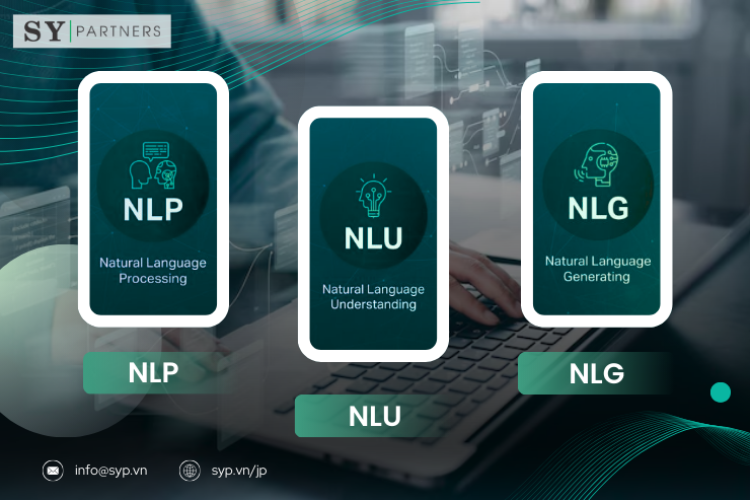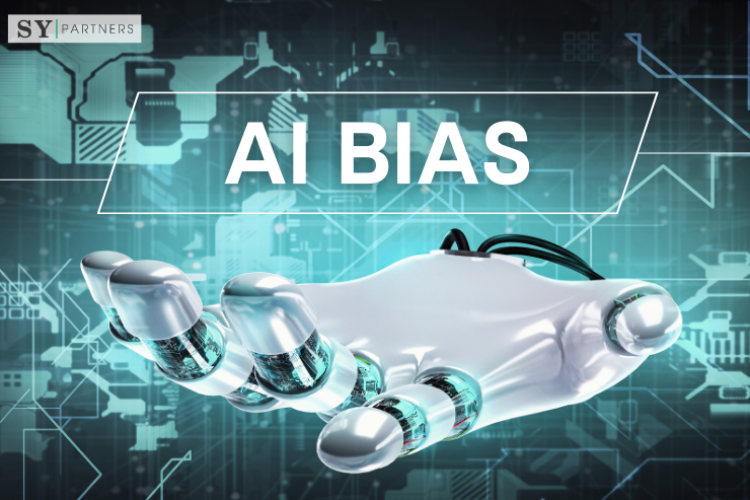Differences between NLP, NLU, and NLG: A professional explanation of how AI comprehends and generates text
AI’s ability to understand human language and engage in natural conversation is built on a core technology known as Natural Language Processing (NLP). With the rise of advanced systems such as ChatGPT, the quality of machine-generated text has improved dramatically, enabling interactions that are nearly indistinguishable from human communication.


 EN
EN JP
JP KR
KR

![[For Enterprises] Grok — Corporate Adoption Rate and 8 Business Use Cases](/sites/default/files/styles/medium/public/articles/%5BFor%20Enterprises%5D%20Grok%20%E2%80%94%20Corporate%20Adoption%20Rate%20and%208%20Business%20Use%20Cases%20%281%29.png?itok=3Vu1lBCh)


